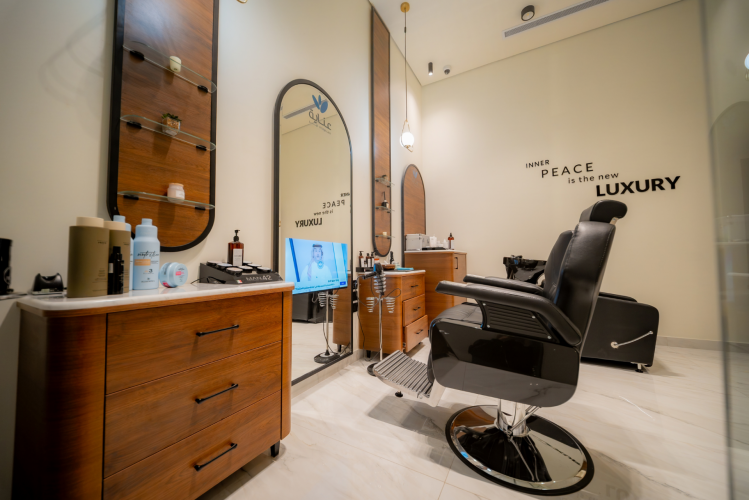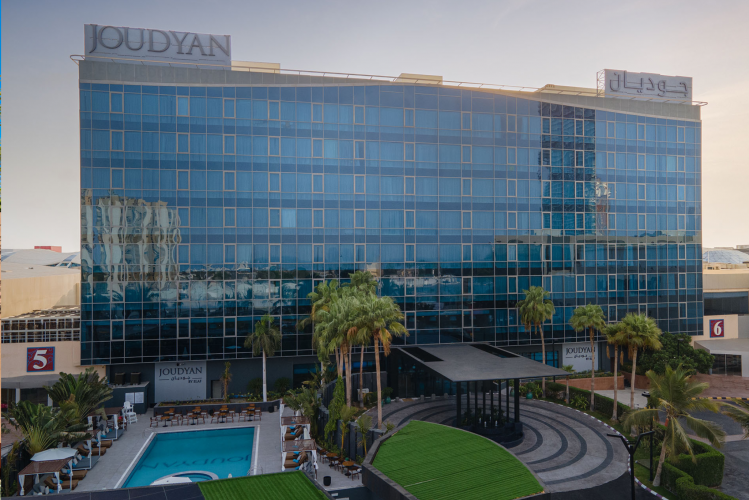An award rooted in responsibility for its long-term commitment to sustainable tourism, fostering community empowerment through local employment, responsible sourcing, cultural preservation, and guest education in sustainability, The Banjaran Hotsprings Retreat has earned recognition from the International Sustainability Awards. This celebrated retreat in Malaysia exemplifies how environmental and social responsibility can be integrated into luxury hospitality without compromising the guest experience.
Surrounded by 260-million-year-old limestone hills and set within a 22.7-acre tropical rainforest, the property’s appeal lies not only in its stunning natural setting but also in how it sustains that setting—and the community that surrounds it. Since 2010, it has consistently advanced a model of tourism that supports long-term environmental health and inclusive economic development.

Local First: Sourcing That Supports the Region
One of the retreat’s defining sustainability practices lies in how it approaches food. From farm to fork, the culinary program prioritizes ethical consumption, local sourcing, and guest education. Guests are invited to engage directly with food origins by visiting kitchen gardens and nearby farms. They can handpick produce and learn about local agriculture.
By sourcing ingredients locally and reducing dependence on long-haul supply chains, the retreat significantly cuts down its carbon footprint. This strategy also boosts the local agricultural sector, allowing small-scale farmers to thrive through consistent partnerships. Only cage-free, free-range, and fair-trade certified products are selected—ensuring high standards not only for quality but for ethical production.
Cultural elements are integrated into the guest experience in thoughtful ways. Labu Sayong pottery—a traditional earthenware craft native to Perak—is given as departure gifts, while guests are welcomed with locally grown pomelos. These gestures foster appreciation for local artisanship and strengthen ties with the surrounding community.

Empowering Through Employment
The Banjaran Hotsprings Retreat is a powerful example of how tourism can stimulate sustainable economic growth when it prioritizes hiring from the communities it serves. Currently, up to 96% of its workforce is made up of Perak residents. This focus on local employment has a ripple effect: it supports families, encourages community pride, and helps preserve cultural identity.
Rather than rely on seasonal or external labor, the retreat invests in long-term roles and staff development, promoting job stability and upward mobility. Team members are given access to healthcare and are supported with resources that enhance both personal and professional well-being. This isn’t only good for the team—it contributes to a healthier, more cohesive workplace and reinforces the retreat’s positive local impact.

Education Through Experience
The retreat does more than operate sustainably—it teaches sustainability. A major part of the guest experience is designed to raise awareness about environmental protection, social responsibility, and cultural sensitivity. Visitors are given opportunities to take part in initiatives that connect them with the land and its people, from farm visits to traditional cooking classes and guided walks that highlight local flora and fauna.
By witnessing the effects of sustainable tourism firsthand, guests leave more informed, engaged, and motivated to make environmentally conscious choices in their own lives. This form of experiential education also fosters respect for cultural heritage and a deeper understanding of how tourism, when done thoughtfully, can benefit both host and visitor.
The retreat’s visible sustainability practices—including energy conservation, waste management, and water efficiency—serve as a living classroom. Combined with personal interaction and storytelling, they offer guests an opportunity to reflect on their own environmental footprint while enjoying a meaningful travel experience.

A Holistic Approach to Wellbeing
At The Banjaran, wellness is approached as a full-spectrum concept—one that includes physical health, mental balance, and environmental responsibility. Guests are served food that is organic, seasonal, and nutrient-rich, contributing to overall vitality while supporting sustainable agriculture. But the retreat’s philosophy extends beyond the guests’ plates.
Employees benefit from comprehensive healthcare programs, fair working hours, and safe, respectful work environments. The management understands that wellness cannot exist in isolation—it must be shared by everyone within the ecosystem, from guests and staff to suppliers and surrounding communities.
The natural landscape further enhances this holistic approach. Guests can soak in geothermal hot springs, meditate in limestone caves, and reconnect with nature through low-impact, mindful activities. But what sets The Banjaran apart is not just its offerings—it’s the intent behind them. Every element is tied back to a broader mission of care for people and the planet.

Looking Ahead: Scaling Local Impact
New guest engagement programs are also in development. These initiatives will offer deeper immersion into traditional culture, environmental stewardship, and conservation practices—positioning the retreat as not only a destination but a platform for shared knowledge and collective action.
Such forward-looking strategies ensure that The Banjaran’s sustainability story is not static. It evolves with the needs of the community and the expectations of a global audience that is increasingly aware of the importance of responsible travel.

Praise from the Industry
“Sustainability is no longer a luxury—it’s an expectation,” said Alexander Chetchikov, president of the World Luxury Chamber of Commerce. “What The Banjaran has achieved is a compelling model of tourism that empowers communities while preserving nature.”
This perspective encapsulates the unique value of The Banjaran’s work: it’s not just about reducing harm but actively creating benefits—for ecosystems, economies, and cultures alike.

To learn more, visit https://www.thebanjaran.com/.













